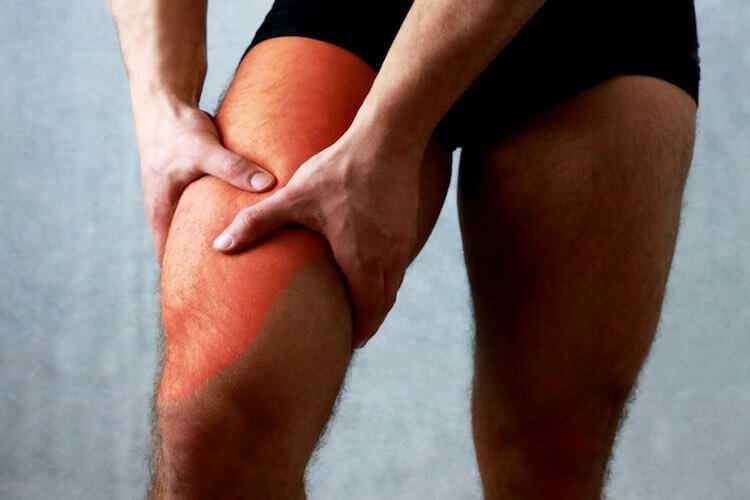FAI involves a shift in the anatomy of the hip joint, which is a result of the bone thickening around the ball of the femur (thigh bone). FAI is associated with two different types of morphology:
Pincer morphology – characterised by the femoral head having extra coverage over the acetabulum (hip socket). In this morphology, the acetabulum rim extends beyond what is considered typical.
Cam morphology – characterised by the misshape of the femoral head near the femoral neck junction.
It is also possible to have a combination of both morphologies.
Symptoms
- Pain in the hip and/or groin during particular movements or when in certain positions.
- Occasional pain in the thigh, glutes or back.
- Stiffness, clicking, locking, reduced joint mobility, catching or giving way in the hip joint.
FAI Management
The main goal of FAI management is to improve function of the hip and muscular strength. Strength training should focus on targeting any weakness in the deep hip musculature, particularly the deep hip external rotators, flexors and abductors. It should also focus on increasing the dynamic stability of the hip joint. Improving strength and function will help lessen the loading of the labrum (ring of cartilage) and as a result, will relieve painful symptoms.
Physiotherapy for FAI
Your physiotherapy may prescribe a strengthening program that is tailored to your morphology, strength deficits and bodily mechanics. Releasing surrounding musculature will help to decrease secondary pain and well as enable activation of the muscle, encouraging strength.
Your FAI will only worsen if left untreated. If you have any concerns about hip pain, or your hips are hindering your mobility and ability to exercise or work, please get in touch. Book online to see a Sports Focus Physiotherapy today for a consultation.



